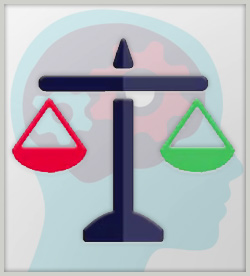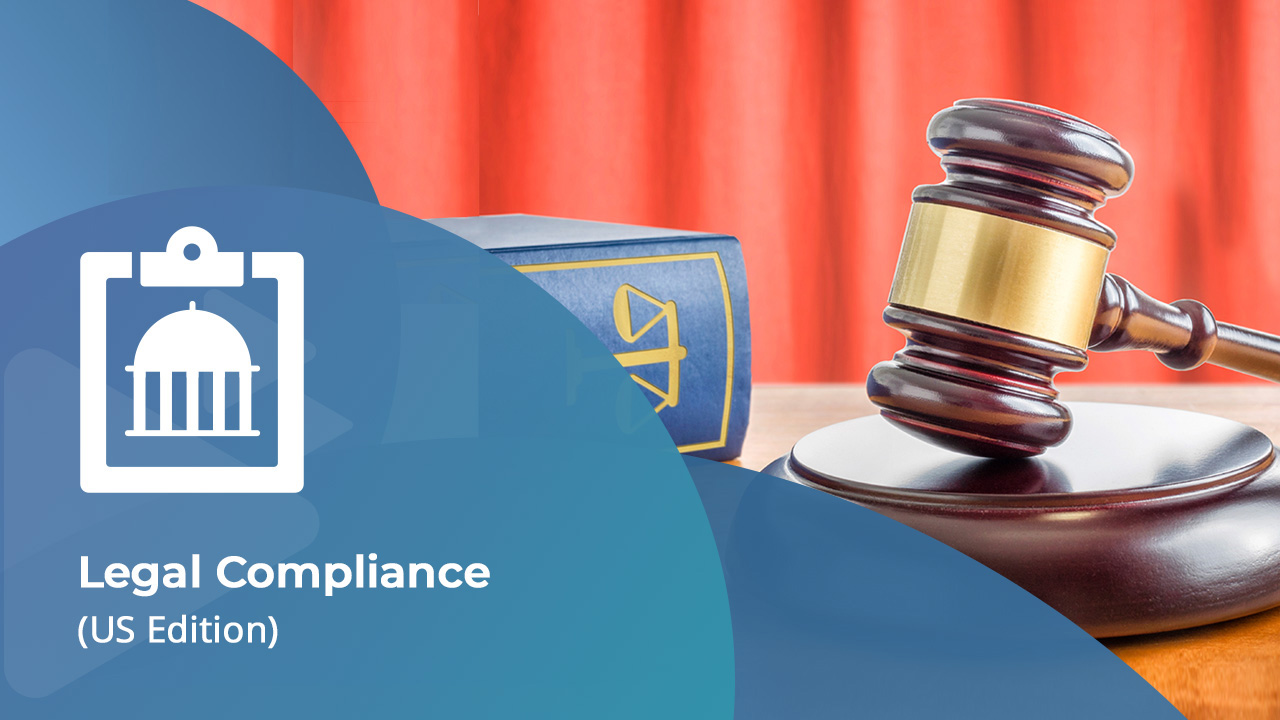Integrity in the Workplace
- 10 topics | 49m 59s
- Up to 30 languages
- Transcripts
Whistleblowing and ethics in the workplace have been in the headlines over the past few years because high-profile employees have blown the whistle on large public companies, such as Enron and WorldCom. However, integrity and ethics in the workplace are not just for large, high-profile companies. Almost every employer is subject to state or federal laws and regulations, and if the employer does not promote an ethical culture, individual employees with integrity may choose to blow the whistle on their employer's wrongdoing. Whistleblowing isn't just for accountants or lawyers who uncover widespread evidence of fraud. It's also for average, everyday employees who discover illegal or unethical behavior in the workplace, and decide to report it.This course discusses various aspects of corporate ethics, including fraud and abuse associated with financial, safety, health, environmental, and other workplace issues, and the regulatory agencies, laws, and regulations that govern them. The course also discusses how both employers and employees can improve integrity and promote an ethical workplace culture. For employees, it is important to understand how to blow the whistle objectively, and also to understand the general protections afforded to whistleblowers by law, which protect them from retaliation by their employers. For employers, this means implementing policies and practices that promote openness and transparency in the workplace, encouraging employees to report their concerns internally, and rewarding employees and managers for strict compliance with laws and regulations.This course was developed with subject matter support provided by the Labor, Employment, and Employee Benefits Law Group of the law firm of Sheehan Phinney Bass & Green PA. Please note, however, that the course materials and content are for informational purposes only and do not constitute legal advice. Nothing herein, or in the course materials, shall be construed as professional advice as to any particular situation or constitute a legal opinion with respect to compliance with any federal, state, or local laws. Transmission of the information is not intended to create, and receipt does not constitute, an attorney-client relationship. Readers should not act upon this information without seeking professional counsel. The information contained herein is provided only as general information that may or may not reflect the most current legal developments. This information is not provided in the course of an attorney-client relationship and is not intended to constitute legal advice or to substitute for obtaining legal advice from an attorney licensed in your state.
WHAT YOU WILL LEARN
-
recognize the purposes of whistleblower protections
-
recognize the need for whistleblower protections
-
recognize the types of fraud that are commonly subject to whistleblowing by employees
-
recognize illegal or unethical practices that warrant whistleblowing
-
identify when it's appropriate to blow the whistle
-
identify the role of fraud and illegal practices in relation to whistleblowing
-
recognize appropriate strategies for blowing the whistle
-
identify the types of actions that are prohibited by whistleblower protection laws
-
recognize the need for strategies surrounding whistleblowing and know the actions that are prohibited under whistleblower protection laws
IN THIS COURSE
-
Integrity in the Workplace2m
-
Whistleblower Protections5m
-
Knowledge Check: Whistleblower Protections1m
-
Fraud and Whistleblowing5m
-
Illegal Practices7m
-
Blowing the Whistle4m
-
Knowledge Check: Integrity and Whistleblowing4m
-
Strategies for Whistleblowing7m
-
Prohibited Actions7m
-
Knowledge Check: Strategies and Laws4m
YOU MIGHT ALSO LIKE
COMPLIANCE-COURSE
Promoting Respect in the Workplace for Managers
COMPLIANCE-COURSE
Overcoming Your Own Unconscious Biases
COMPLIANCE-COURSE
COMPLIANCE IMPACT: Political Activities – Keep It Personal


